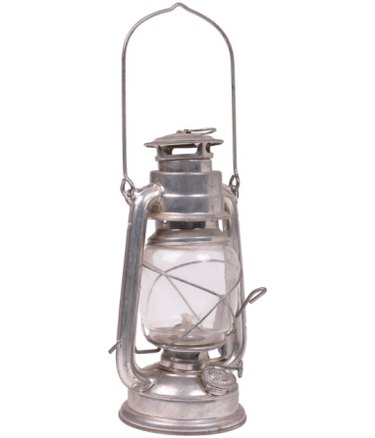
Kerosene is a fuel used around the world and is most commonly known for roles in kerosene lamps and as aviation fuel. Kerosene, a petroleum product, is subject to large fluctuations in price and sometimes uncertain availability. Burning kerosene also releases emissions, and lamps have undesirable effects on indoor air quality. Some kerosene substitutes are available that can be used solely in lighting applications, some alternatives only for jet fuel and some substitutes with forms that make them suitable for either use.
Substitutes Specific to Lamps
Video of the Day
Generic lamp oil can be used as a substitute to kerosene in lamps. Lamp oil is generally more expensive than kerosene but burns cleaner and with less odor than kerosene. Citronella oil can be burned in wick lamps but produces a larger amount of smoke and soot and quickly fouls wicks. Citronella oil is more suitable for outdoor applications.
Video of the Day
Bio-fuels
Bio-fuels are derived from feedstock such as rapeseed, soybeans or algae without a Fischer-Troph synthesis (which is present with BTL synthetic kerosene). Bio-fuels have a somewhat lower energy content than kerosene and have a relatively high freezing point, an important characteristic that limits possibility for high-altitude flights. Additives may help improve the low temperature operability of bio-fuels, but there are also questions about the affordability of mass-produced feedstock. Bio-fuel generally, in the case of jet fuel, is considered suitable for blending but is not considered an alternative in itself.
Bio-diesel lamps should only be used with bio-diesel packaged for lamps, not with bio-diesel from a gas station pump.
Synthetic Kerosene
Synthetic kerosene can be differentiated in three ways according to the raw material used: biomass to liquid (BTL); gas to liquid (GTL); or coal to liquid (CTL). Although synthetic kerosene has the same safety qualities and energy content as petroleum kerosene, it's only approved in commercial aviation as a blend.
Synthetic kerosene is sold for lamps under a variety of brand names and is used most often as a substitute for petroleum kerosene because it has less odor.
Hydrogen as a Jet Fuel Substitute
Liquid hydrogen is perhaps the most often discussed long-term alternative to kerosene as a jet fuel. Hydrogen takes up four times more space than kerosene but provides two to five times more energy per weight unit. It is noncorrosive and, as an alternative to kerosene, significantly reduces harmful emissions. Hydrogen is very expensive to produce and store, and, depending on how it was produced, may have caused significant carbon dioxide in the process. Aircraft would require redesigning as would airport infrastructure.
Fuel Cells as a Jet Fuel Substitute
Fuel cells have been used in spacecraft and experimental aircraft. Fuel cells convert hydrogen directly into electricity and heat without combustion. They are emission-free and quiet but without further technological development are too large, heavy and inefficient for commercial air flight.